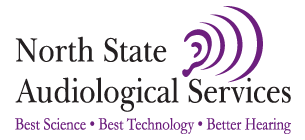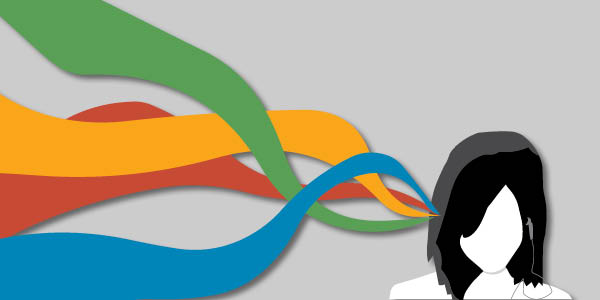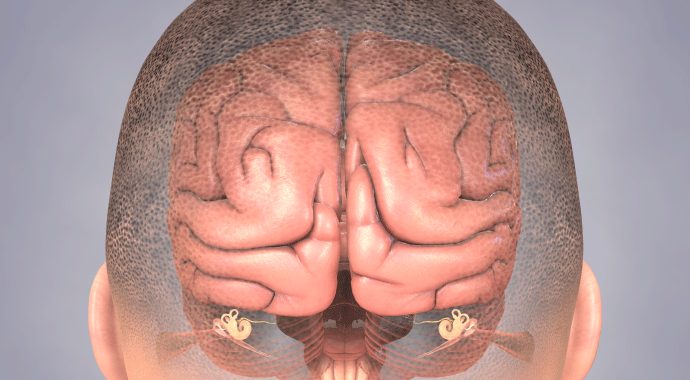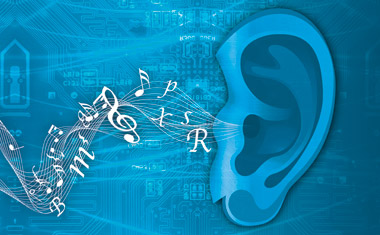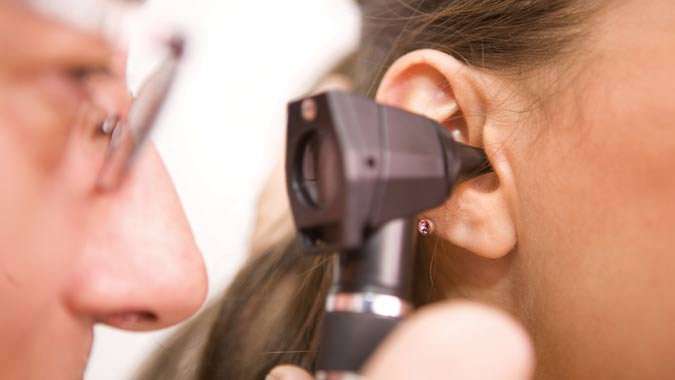Do any of the the following scenarios apply to you (or a family member, friend, or co-worker)?
Someone is talking to you, but you miss the beginning and/or ending parts of some of the words, which results in the sentence structure not making a lot of sense. You are watching TV or listening to the radio, but the speaker “drops” entire words from his or her sentences. The result is that you find it difficult to impossible to understand what is going on. Conversing “one-on-one” is something that you can do well enough, but the minute any background noise comes into play – such as occurs at restaurants and social gatherings – your comprehension of the discussion nosedives.
If any of this has happened to you or someone you know, you may be experiencing SoundVoids™… a term used by AudigyCertified™ hearing care professionals.
A SoundVoid™ is defined as a …
